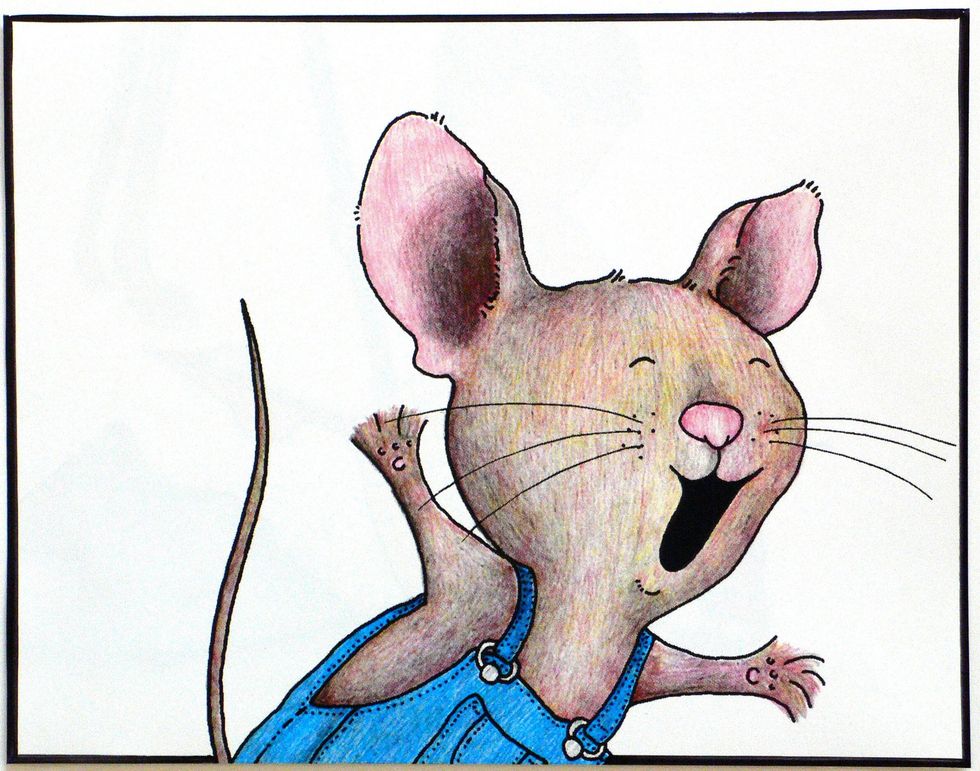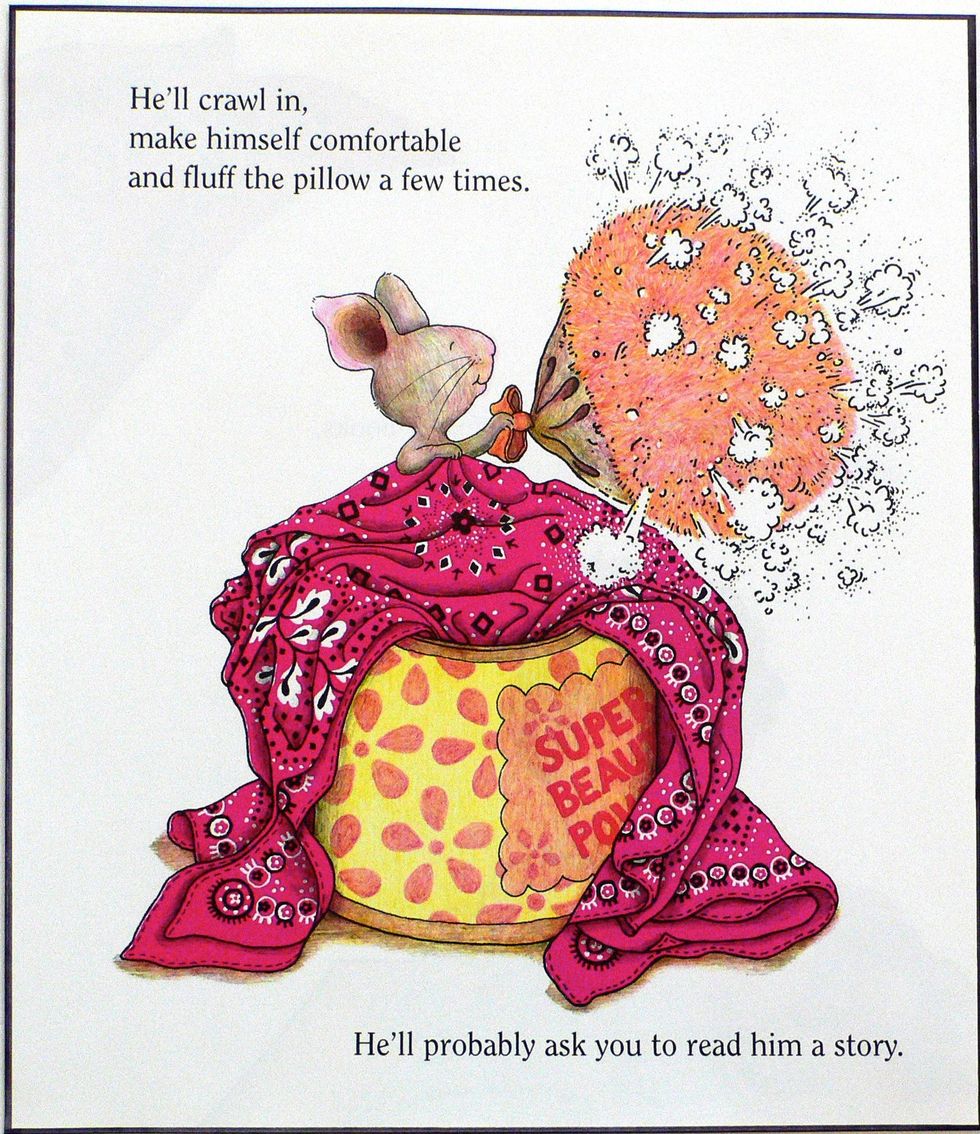How many times a day do you say the word “sorry”? Once? Twice? Twenty different times through the course of a day? So often, we overuse the word “sorry” in our daily lives, whether we use it as a casual response, or because we sincerely mean it.
Because the word “sorry” has become such a common response, we have grown numb to its true definition, as the word continues to lose value and meaning.
Think about it; how many times a day do you really use the word “sorry”?
More than that, think about why are you saying “sorry.”
Are you saying “I’m sorry” because you sincerely mean it? Or are you casually throwing the word around in the course of daily conversation?
How often do you apologize for all of those random, little things that happen? Things like dropping the pencil you are trying to hand someone, or not having an extra piece of gum; or maybe you don’t have the answer to someone’s question, or you have to squeeze by the people blocking your path. How often is your immediate reaction to say “I’m sorry”?
What about all of those times when the issue was someone else’s fault? When someone else drops a piece of paper they are trying to hand you, how do you react? When the person walking next to you accidentally bumps into you, how do you respond? If you’re honest with yourself, chances are that you say “sorry” in both instances.
But here’s the real question, why are you apologizing when someone else makes a mistake? Was it your fault that they dropped that piece of paper? Did you cause them to bump into you as they walked by? No. Neither instance was actually your fault, but for some reason you are the one saying “sorry.”
“I’m sorry” gets thrown around so often, for such insignificant reasons, that the word has lost sentiment and significance. We use the word so flippantly that when the need for a sincere apology arises, the words don’t mean as much. We repeat the word “sorry” so often that we no longer know how to use it properly; we hear the word “sorry” so often that we no longer know how to take it seriously.
We need to stop saying “sorry” for things for which we aren’t truly sorry, and we need to decide whether a situation is actually worth feeling sorry. Not every situation requires or even deserves an “I’m sorry.”
The next time somebody accidentally bumps your arm as they walk by, think twice before you respond. When your butterfingers can’t hold on to that pencil, think about how sorry you really arefor dropping it in the first place.
It’s time to start taking the words “I’m sorry” more seriously. It’s time to start using the word appropriately. If we say "sorry" when we need to, instead of using the word as a casual response, then the times when an apology really matters, the words “I’m sorry” will mean so much more, and carry so much more weight.
Next time you start to feel the word “sorry” resting on the tip of your tongue, think about whether or not you truly mean it before you say it.



 Photo by
Photo by  Photo by
Photo by  Photo by
Photo by  Photo by
Photo by 















